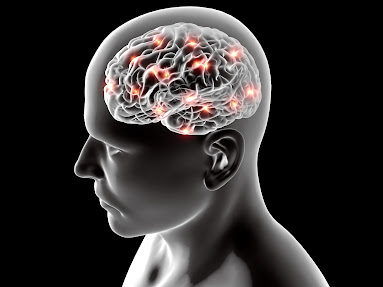By the time you show symptoms of Alzheimer's disease, many irreversible changes have already occurred in your brain. This explains why early detection and timely intervention are so important. As described by the pathological cascade summarized in this post, treatment should ideally begin long before symptoms appear.
The key features of the Alzheimer's disease pathological cascade include the accumulation of two types of abnormal proteins in the brain: amyloid beta (Aβ) plaques and tau tangles. The Aβ plaques are formed by the accumulation of a protein called amyloid beta, which is produced by the breakdown of a larger protein called amyloid precursor protein (APP). The tau tangles are formed by the abnormal accumulation of a protein called tau, which is essential for the normal functioning of the brain's nerve cells.
The accumulation of Aβ plaques in the brain disrupts the normal communication between brain cells and leads to inflammation and the activation of immune cells. As the disease progresses, tau proteins also start to accumulate in the brain, forming tangles that further contribute to the degeneration of brain cells.
A simplified view of the process, which may take years, looks like this:
Protein Accumulation >> Inflammation >> Cell Death >> Symptoms
In an ideal scenario, patients would begin a regimen of disease modifying therapy (currently approved treatments can remove amyloid protein from the brain) as soon as amyloid plaques and tau tangles are present, and before inflammation, cell death, and cognitive symptoms emerge.
Achieving such timely intervention on any meaningful scale will require a proactive mindset toward managing cognitive health along with inexpensive and non-invasive methods for detecting the early stages of the disease. Fortunately, such methods are now becoming available. One promising approach, from
Embic Corporation, involves a brief cognitive test with sophisticated scoring that quantifies the unobservable cognitive processes of encoding and retrieval. These processes underly nearly all cognitive function and show clear changes in Alzheimer's patients long before symptoms of memory loss appear.
The good news is that the science of managing Alzheimer's disease, from detection to diagnosis to treatment, is moving forward quite rapidly. The bad news is that progress is happening faster than the healthcare system can embrace. Researchers need to keep racing forward and the care system needs to catch up!



